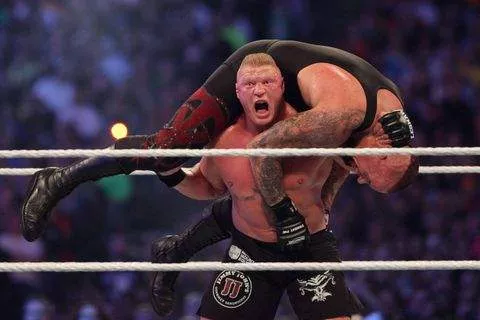
The WWE remains the most watched wrestling product in the world, but the question 'Is WWE fake' is one that has refused to go away. From death-defying dives to punishing striking; is any of it legitimate? Here are the answers you seek.
Professional wrestling has been around since the late 1800s, when it first gained popularity following the American Civil War. It was not, however, until the turn of the 20th century that its exact nature became the topic of widespread speculation, with newspaper articles calling the veracity of the contests into question and sowing doubts in viewers' minds.
Regional promotions across the United States contributed to the continued growth of the discipline though, birthing superstars like Lou Thesz, Karl Gotch and Verne Gagne. Over the following five decades, however, the regional territories would lose ground with the rise of World Wrestling Entertainment (WWE), who - in their previous corporate guise as the WWF - not only became the first company to expand nationally in the late 1980s, but bought out its sole remaining competitor World Championship Wrestling (WCW) in 2001.
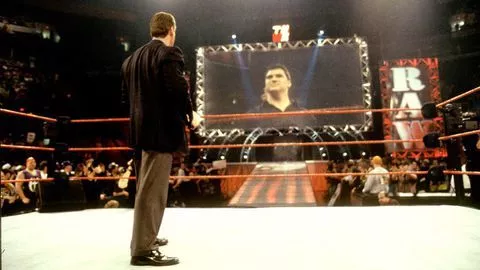
While the question of its legitimacy has not discouraged fans all over the world from falling in love with the likes of Dusty Rhodes, Ric Flair, Hulk Hogan, Shawn Michaels and the Undertaker, it nevertheless is still a contentious subject. So, this is to set the record straight.
Is WWE fake?
WWE is not fake. While 'fake' is a loaded term within the industry itself, there is some truth to the idea that the competitors are not actively trying to hurt one another.
This does not mean that the physical manoeuvres themselves are fake: when they grapple, punch, clothesline and slap (chop, in wrestling parlance) one another, the wrestlers are doing the moves for real. When a wrestler dives off the ropes and brings over 100 kg of muscle and bone crashing down onto another, that impact, and the consequence of it, is impossible to fake.
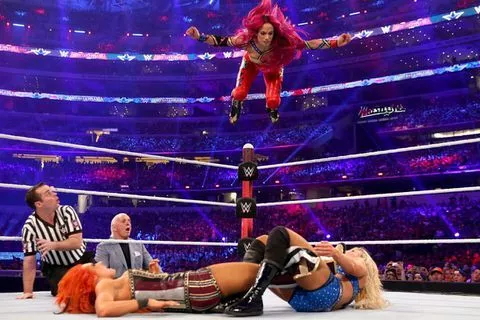
However, professional wrestlers - including those employed by the WWE - are trained to perform these actions in the safest manner possible. In the words of former wrestler William Regal who is widely considered one of the best in-ring workers in the history of the business, they "hit people very hard in very safe places."
Was WWE fake in the 90s?
No, WWE was not fake in the 1990s, nor has it ever been.
Is WWE fake or scripted?
As we have established, 'fake' is not a proper term to use when it comes to professional wrestling in general, and the WWE in particular.
It is more appropriate to refer to it as 'scripted', in the sense that the outcomes are predetermined and the moves (as well as the order in which they are performed) are not only choreographed, but are sometimes practised beforehand.
If WWE is scripted, who decides who wins?
The decision is made by the WWE creative team, whose responsibility it is to map out storylines and angles on its weekly programming. For the biggest matches, however, especially those impacting long-term direction or concerning the world titles, there is often input from higher up in the company.
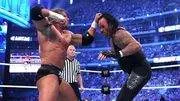
This could even go as high up as WWE Chief Content Officer Paul 'Triple H' Levesque and Executive Chairman Vince McMahon.
If WWE is fake, why watch it?
Since Vince McMahon admitted during a New Jersey Athletic Commission hearing in 1989 that professional wrestling was "entertainment" rather than a legitimate sporting contest, it has been a matter of public record that WWE - and the discipline in general - is scripted.
In spite of this, millions around the world still tuned in on TV and bought tickets to live events throughout the 1990s, and still do to this day. The reason for this is simple: in wishing to be entertained, people are willing to suspend disbelief.
In the same way that people are absorbed by movies and series despite the knowledge that a script is being played out by actors, watchers of wrestling are nevertheless able to enjoy choreographed violence. Its realness or otherwise is beside the point, and does not preclude appreciation.
Is the blood in WWE fake?
In order to further a storyline or make a stipulation as believable as possible, it is sometimes necessary for one or both competitors to bleed during a match.
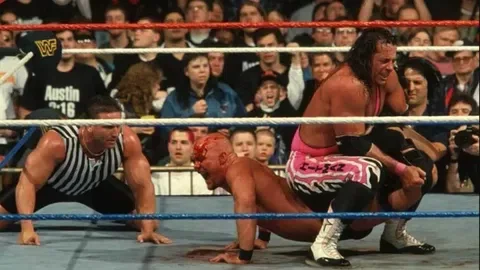
The method for achieving this varies from one occasion to another. While on rare occasions (as in bleeding from the mouth), wrestlers have been known to carry capsules of fake blood in their mouths, bleeding is otherwise very real. It is usually done either through 'blading', which is intentionally cutting oneself with a razor, or a 'hardway', which is when the wrestler legitimately is struck with a hard edge or an elbow (as in the recent match at WWE Backlash between Brock Lesnar and Cody Rhodes).
How does WWE fake chair shots?
The use of the chair, as well as other pieces of furniture, as a weapon is widespread in WWE. Using folding metal chairs, wrestlers will often administer blows to their opponents' bare backs or, in extreme cases, their heads in order to gain an advantage.
In order to make this safe, the chairs are made of lighter steel than regular chairs, and are always used while folded up. The wrestlers are also careful to present flat, immobile targets in order to minimise the possibility of a serious injury; the chair shots still hurt greatly, but swung the right way, they inflict less damage than they otherwise would in the hands of an untrained person.
How does WWE fake punches?
It was not all that long ago that punching with a closed fist was illegal in the WWE. This rule was a concession to old school wrestling, on which professional wrestling was initially loosely based. However, sometime in the late 2000s, the ban was lifted; with the scripted nature of the business out in the open, it was no longer necessary to maintain the rule.
In order to simulate real punching, however, the wrestlers are trained to whiff (i.e. miss) on purpose, but in such a way that is close enough to fool the watching audience. An alternative to punching is using forearm strikes: these are easier to simulate.

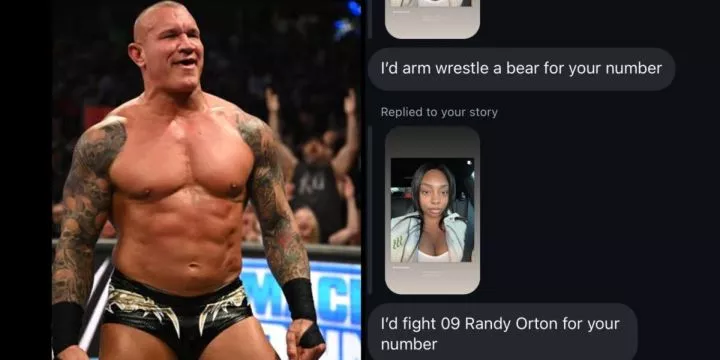
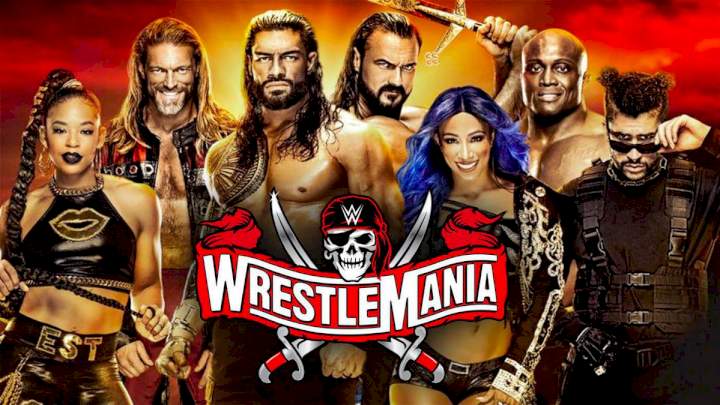
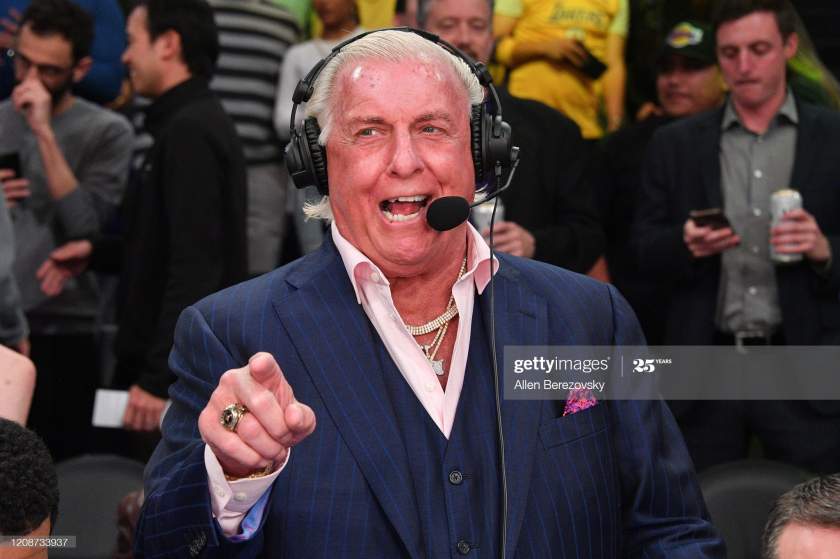
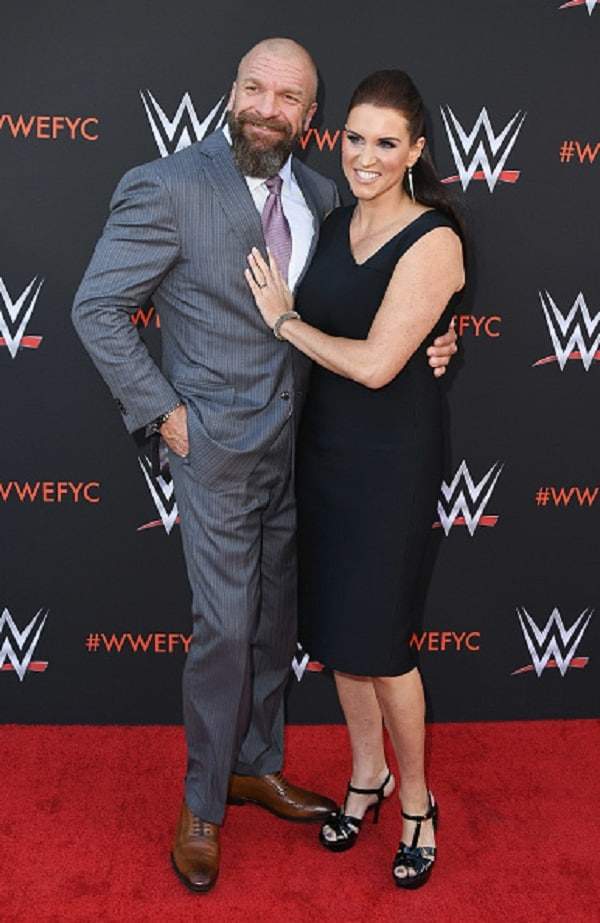
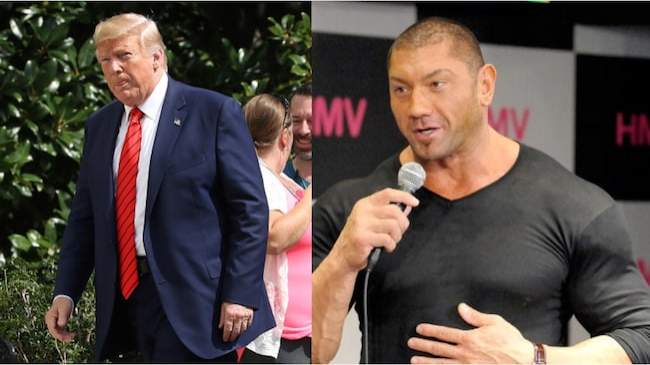
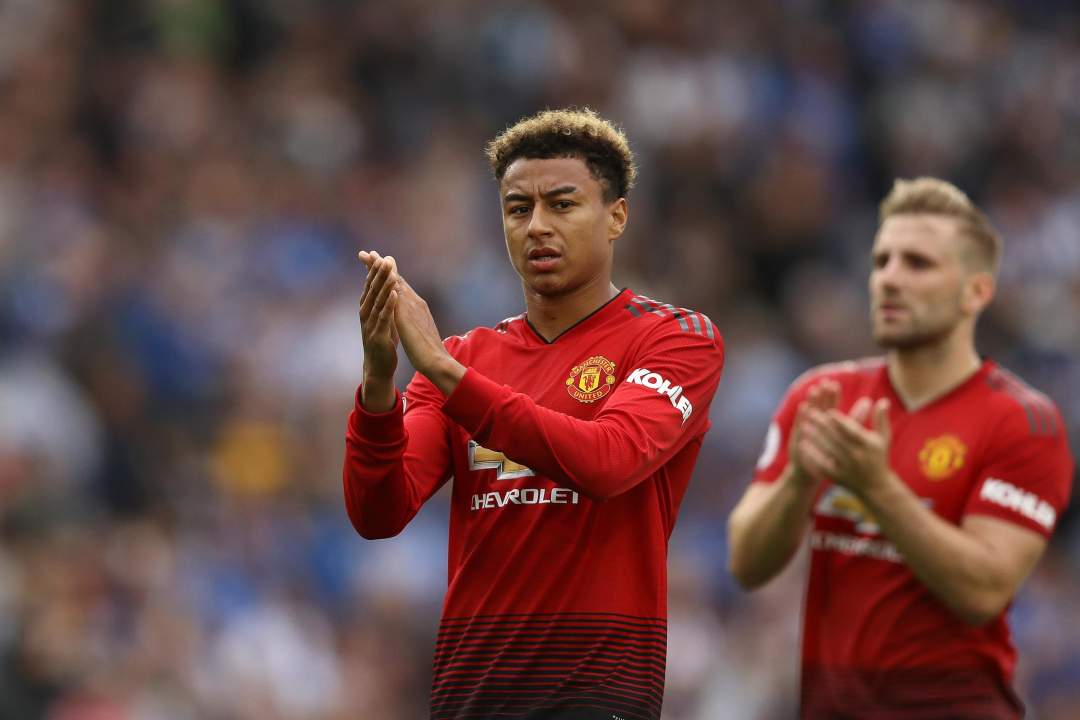

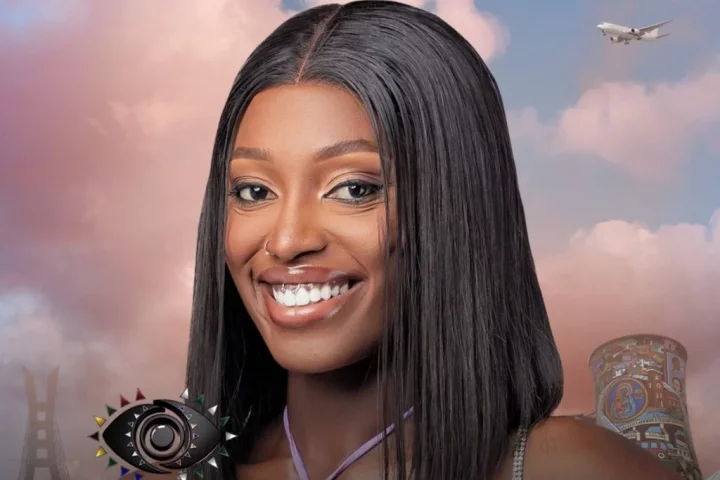
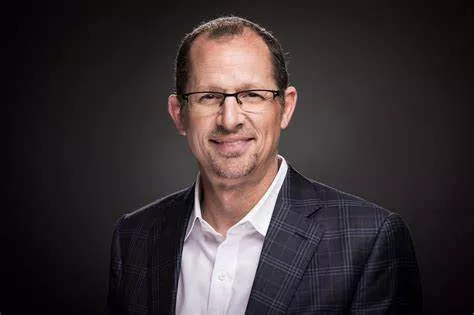

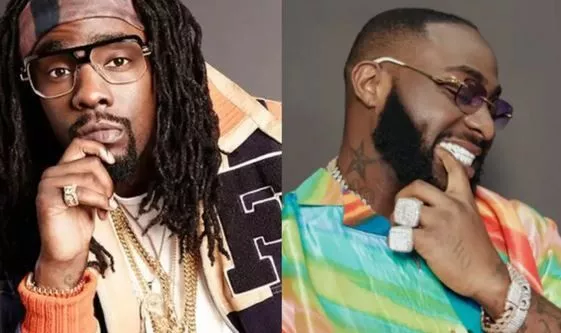



Comments